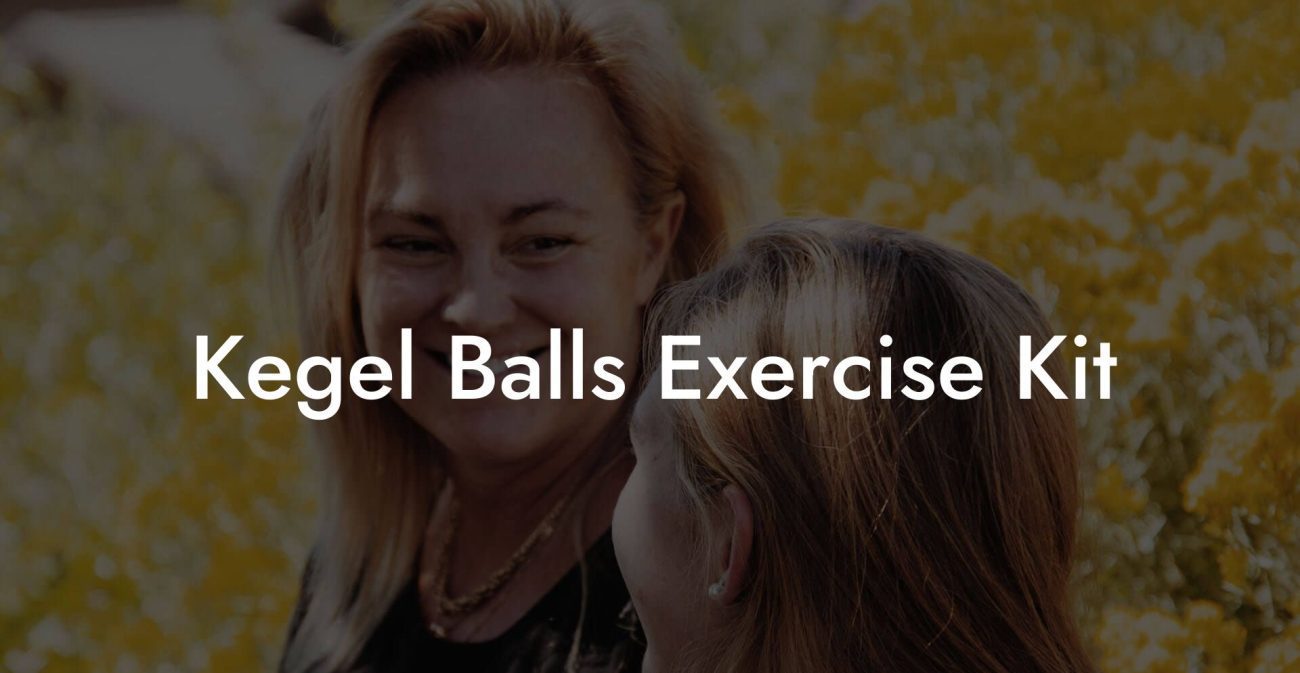kegel exercises are gaining immense popularity, and for good reason. These simple yet powerful exercises can benefit men and women alike, dramatically improving pelvic floor health and overall quality of life. In this comprehensive guide, we will dive deep into kegel exercises, exploring their benefits, the correct techniques for performing them, and how to incorporate them into your daily routine. Get ready to unlock the path to a stronger pelvic floor and a life full of vital energy and vigor!
Why are kegel exercises Important?
kegel exercises target the pelvic floor muscles that support the bladder, bowel, and uterus (in women) or prostate (in men). A strong and healthy pelvic floor can help prevent various issues such as incontinence, pelvic organ prolapse, and sexual dysfunction. As people age, undergo surgery, or experience childbirth, the pelvic floor muscles may weaken, causing various problems. kegel exercises, when done regularly, can help strengthen these muscles and improve overall pelvic health.
Benefits of kegel exercises
- Improved bladder control: Strengthening the pelvic floor muscles can lead to better bladder control, helping to prevent urinary incontinence and frequent urination issues.
- Enhanced sexual function: For women, kegel exercises can make orgasms more intense, while men can experience improved erection quality and ejaculatory control.
- Reduced risk of pelvic organ prolapse: Strong pelvic floor muscles can support the pelvic organs and decrease the likelihood of prolapse in women.
- Faster recovery post-pregnancy: Women who practice kegel exercises during and after pregnancy can experience speedier recovery from childbirth and a reduced chance of developing incontinence.
- Improved bowel control: Regularly performing Kegels can also help with fecal incontinence and bowel control.
How to Perform kegel exercises
- Identify the correct muscles: To locate the pelvic floor muscles, attempt to stop urination mid-flow. The muscles responsible for this action are the ones targeted during kegel exercises. Keep in mind that stopping urination frequently can lead to urinary tract issues; this method should only be used initially to identify the correct muscles.
- Perfect the technique: Once you've located the pelvic floor muscles, sit or lie down in a comfortable position. Tighten these muscles, hold the contraction for five seconds, and then relax for five seconds. Repeat this ten times.
- Stay consistent: Aim for three sets of 10 repetitions per day for optimal results. Remember, consistency is key—make kegel exercises a part of your daily routine for the best outcomes.
- Monitor your progress: You may not notice results overnight, but keep at it. You should start experiencing improvements within a few weeks to a few months of consistent practice.
- Avoid common mistakes: Ensure that you are not tightening your abdominal, thigh, or buttock muscles when performing kegel exercises. Additionally, avoid holding your breath; breathe freely and focus on engaging only the pelvic floor muscles.
kegel exercises Example:
Picture this: Sarah, a busy mother of two, has been struggling with postpartum urinary incontinence. She stumbles across an article discussing the benefits of kegel exercises and decides to give them a try. Initially, Sarah finds it difficult to locate her pelvic floor muscles, but with practice, she becomes more confident in her technique.
After consistently practicing kegel exercises for three months, Sarah notices a significant improvement in her bladder control. No longer worried about leaks, she feels more confident and empowered in her daily life. Her success inspires her to share the benefits of kegel exercises with her friends, and they too report better pelvic floor health after adopting a consistent routine.
kegel exercises indeed hold the key to improved pelvic floor health and overall well-being. With consistent practice, you too can experience the incredible benefits of a strong pelvic floor, leading to better bladder and bowel control, enhanced sexual function, and reduced risk of pelvic organ prolapse. If you found this guide helpful, please share it with your friends and family, and explore other articles on Pelvic Floor Therapy to continue your journey towards optimal pelvic health.













